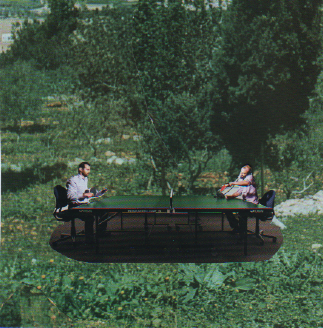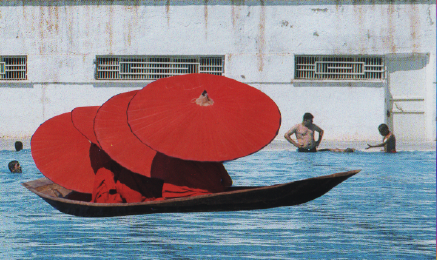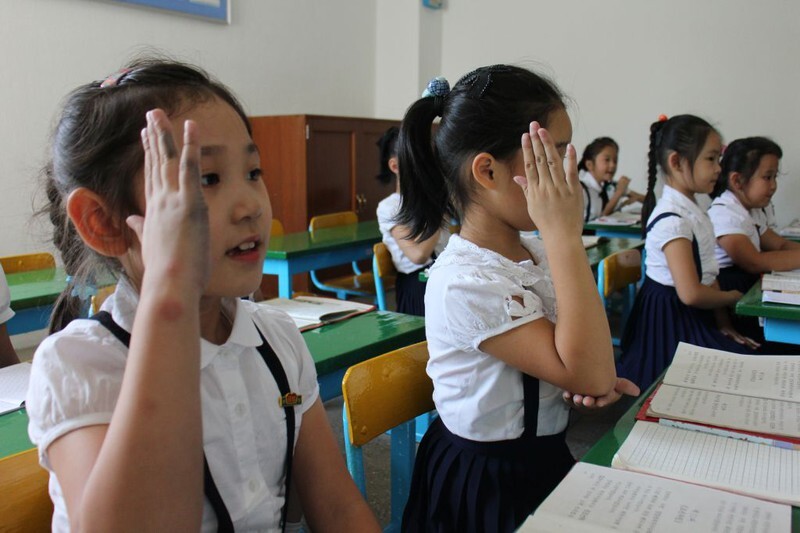Scandinavian Freedom Comes at a High Price
Two prominent representatives of Danish and Swedish public television made an appearance on the first December Friday on Czech Television to provide Czech filmmakers insight into their approach to international documentary production. Danish TV station, Danmarks Radio, was represented by Kim Christiansen, and the Swedish Sveriges Television was introduced by Axel Arnö, a former journalist. Although they have been collaborating for several years, their attitude towards leveraging the potential of international collaboration is somewhat different.
Arnö sees the main benefit of international collaboration and co-production mainly in the enrichment of the local TV market. He commented on today’s structure of the needs of the Swedish TV audience: “Since our audience embraces all generations, we have to find a balance between successful Swedish production targeting the generation of our parents, and successful films on the international or global scene for people in their twenties and thirties.” There are less and less young people and we have to find out how to encourage their interest in TV production – and one possibility is high quality international production.
For Kim Christiansen, the term international collaboration implicates the possibility of producing films of better quality, its benchmark often being viewing rates. “Thanks to our collaboration, we can produce works that will have higher international viewer rating which will open doors to more attractive and popular TV channels. Subsequently, we can become entitled to more programme slots on Swedish channels and everyone will be much happier,” he explained. He strived to draft a proposal of how to remedy the previous regime of the dwindling DVD market that hinders TV premieres. Who will watch a TV premiere of a film about the Paris terrorist attacks in 2020? “Documentary film should be presented to those for whom it has been intended,” concluded Christiansen.
But what did these two Scandinavian TV professionals agree on? The importance of creative freedom. Nobody should be forced to make films on predefined “national” topics. “We make films which we believe will make it in the ever smaller world. We can hardly co-produce a Finnish film about a naked man in a sauna philosophically contemplating on his life,” explained Christiansen. However, such freedom comes at a high price. There is no space for creative documentary production. “We need directors to collaborate with us as dramaturges and producers. We need to become partners,” added Arnö saying that most of TV documentaries are not made by film school graduates, but journalists and anthropologists because on the basis of their professional experience they are able to keep their audience in mind and to find the essence of the analysed issue.



